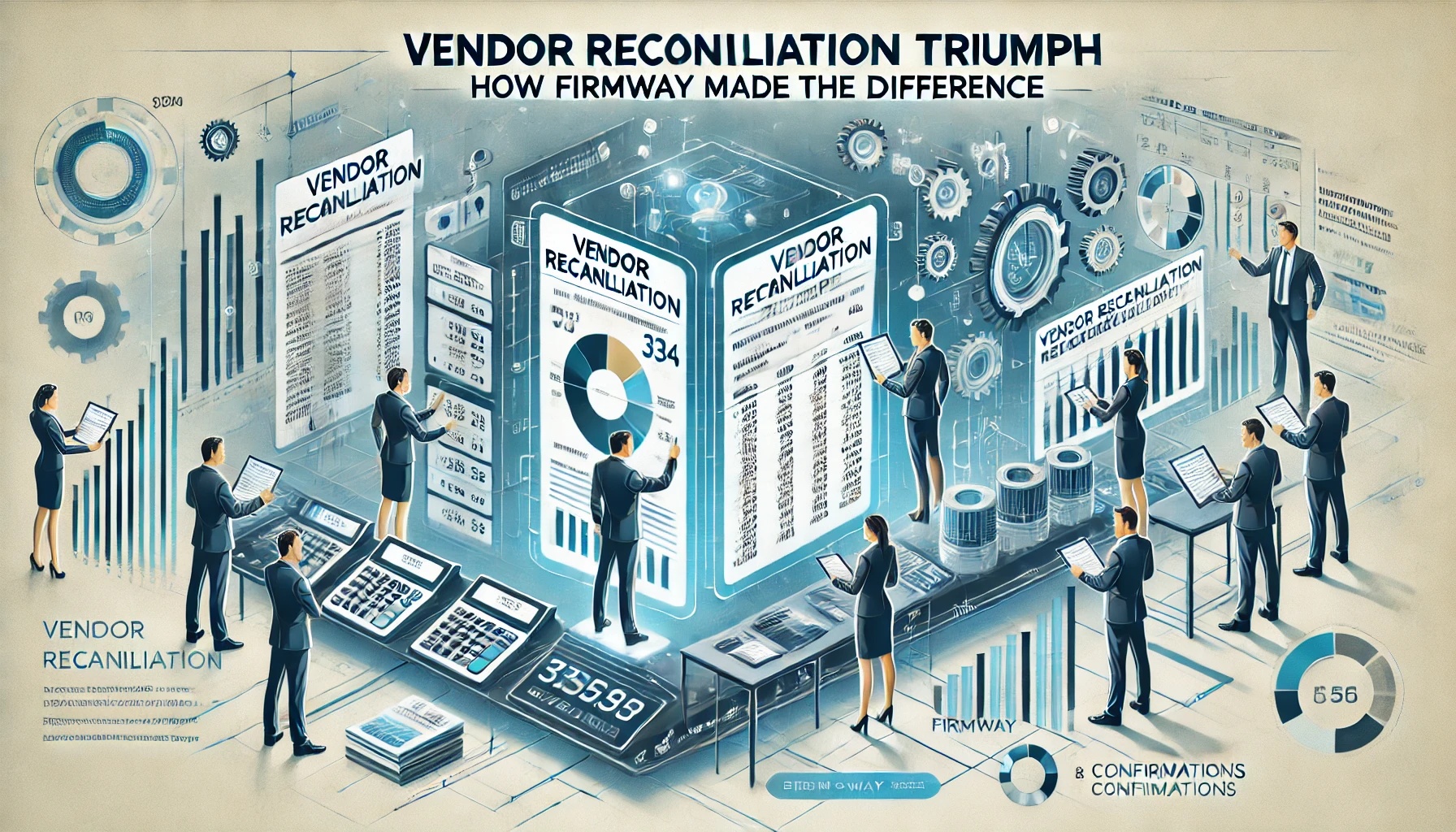Is Bank Reconciliation important in the age of integration?
Integration is one of the critical links between businesses today. In this digital era, manual processes are slowly fading out in the background, with automation taking the reigns over. Hence, seamless data exchange between systems and automated transaction population is considered the most reliable. Businesses nowadays are reliant heavily on automation due to its accuracy. However, amidst seamless integration, reconciliation can act as a sounding board for addressing any discrepancies. Let’s take a look at how Bank Reconciliation is still a necessary activity in the age of integration.
Bank Reconciliation: Foundation for Financial Accuracy
Simply stated, bank reconciliation is the process of analyzing internal financial records with the organization’s bank statements. Such reconciliation helps in identifying errors and ensuring financial accuracy. Discrepancies such as a manual error in data entry, delayed processing, outstanding payments, and bank fees can still show up despite integration. Bank reconciliation ensures financial accuracy by identifying and resolving such errors early on. To know more on Bank reconciliation read this article.
Integration: Its Potential and Limitations
In the digital era, integration has become pervasive. Data exchange and transaction recording over ERP systems, accounting software, and banking portals leave little room for human error. Hence, such convergence leads to enhanced efficiency and streamlined workflows. Despite automation, integration still has its limitations that need regular verification.
Blind spots such as system-specific issues, manual error while data feeding, and transaction processing delays can lead to discrepancies. Integration as a system is not foolproof. For instance, the bank recorded customer payment, but the accounting software does not reflect it. Hence, overlooking inherent integration limitations can cause significant disruptions in data over time.
Further, a small error, such as bank fees being charged but still not recorded in books, can create a mismatch. Major errors, such as vendor payments being recorded in books but not yet encashed, can skew up the financial picture. Bank reconciliation ensures such errors are remedied to ensure an accurate financial position at all times.
 Financial Anchor: Bank Reconciliation To The Rescue
Financial Anchor: Bank Reconciliation To The Rescue
Bank reconciliation remains the essential safety net despite integration’s advancements. Regular reconciliation helps in identifying data silos due to incomplete integration on time. It acts as an effective verification, bridging the data gap between bank statements and internal records. Hence, it identifies and rectifies data inconsistency without it snowballing into a major concern.
Ensuring Financial Integrity: Maintain Financial Precision With Firmway
Bank reconciliation is a must despite integration in place. Many businesses overlook it due to the sheer effort behind it. Moreover, reconciliation can take a backseat due to over-reliance on automation, rendering it outdated. However, bank reconciliation can prove to be the critical line of defense against financial discrepancies.
At Firmway, we understand the importance of financial accuracy for the overall health of the business. With our touchless reconciliation platform, bank reconciliation becomes effortless and seamless. Additionally, our AI-enabled models collect and auto-reconcile data from any accounting software. Hence, no more manual resource wastage for data verification.
With us, bank reconciliation can be done in less than sixty seconds. Take the leap with Firmway and get the process of bank reconciliation embedded in your financial system.


 Financial Anchor: Bank Reconciliation To The Rescue
Financial Anchor: Bank Reconciliation To The Rescue


